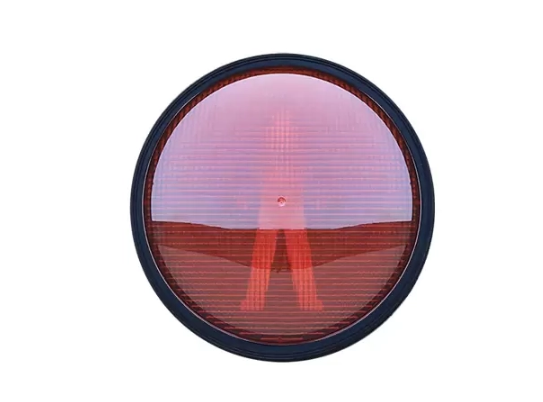In today's globalized world, efficient transportation plays a crucial role in the success of businesses across various industries. With the constant need to optimize costs and streamline operations, companies are increasingly seeking ways to minimize transportation expenses. In this blog post, we will explore the concept of minimum cost transportation, its significance, and strategies to achieve it, empowering businesses to enhance their competitiveness and profitability.
- Understanding Minimum Cost Transportation:
Minimum cost transportation refers to the process of optimizing transportation operations to minimize expenses while ensuring timely and reliable delivery of goods or services. It involves analyzing various factors such as distance, mode of transportation, route planning, and logistics management to identify the most cost-effective solution. - Key Factors Influencing Minimum Cost Transportation:
a) Distance and Route Optimization: By leveraging advanced route planning software and algorithms, businesses can identify the shortest and most efficient routes, reducing fuel consumption and transportation time. Additionally, considering factors like traffic patterns, road conditions, and tolls can further optimize the route selection process.
b) Mode of Transportation Selection: Choosing the appropriate mode of transportation is crucial in minimizing costs. Depending on the nature of goods, urgency, and distance, businesses can opt for road, rail, air, or sea transport. Each mode has its own advantages and cost implications, and a careful analysis is required to make the optimal choice.
c) Consolidation and Collaboration: Collaborating with other businesses or utilizing third-party logistics providers can help consolidate shipments, reducing transportation costs through economies of scale. By sharing transportation resources and optimizing load capacities, companies can achieve significant cost savings.
d) Technology and Automation: Embracing technology-driven solutions such as transportation management systems (TMS), real-time tracking, and predictive analytics enables businesses to optimize routes, monitor fuel consumption, and make data-driven decisions. Automation also reduces manual errors and enhances overall efficiency.
- Benefits of Minimum Cost Transportation:
a) Cost Savings: The primary advantage of minimum cost transportation is the potential for significant cost savings. By implementing efficient transportation strategies, businesses can reduce fuel expenses, optimize vehicle utilization, and minimize maintenance costs.
b) Enhanced Customer Satisfaction: Efficient transportation leads to improved delivery times, reduced delays, and enhanced reliability. This, in turn, boosts customer satisfaction and loyalty, leading to increased business opportunities and a competitive edge.
c) Environmental Sustainability: By optimizing transportation operations, companies can reduce carbon emissions and contribute to environmental sustainability. This aligns with the growing global focus on eco-friendly practices and can enhance a company's brand reputation.
d) Improved Supply Chain Efficiency: Minimum cost transportation is closely linked to supply chain optimization. By streamlining transportation processes, businesses can achieve better inventory management, reduced stockouts, and improved overall supply chain efficiency.
Conclusion:
In today's competitive business landscape, minimum cost transportation is a key driver of success. By leveraging advanced technologies, optimizing routes, and making informed decisions, businesses can unlock significant cost savings, enhance customer satisfaction, and improve overall operational efficiency. Embracing the concept of minimum cost transportation is not only financially beneficial but also contributes to a sustainable and resilient supply chain. So, start exploring the potential of minimum cost transportation today and pave the way for a more efficient and profitable future.

